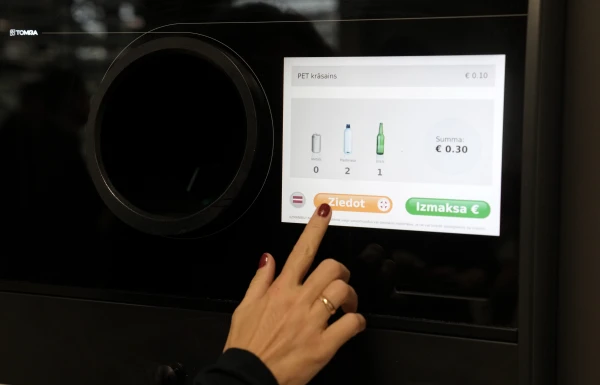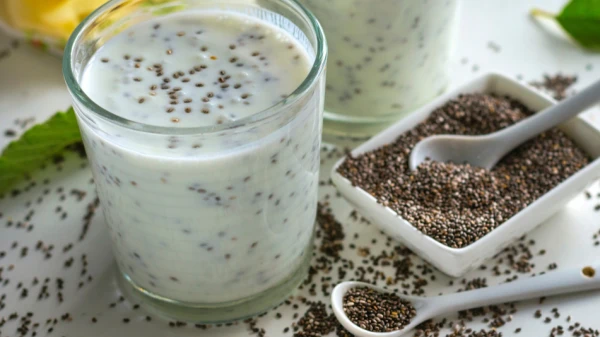
Vitamins and minerals can protect us from developing serious diseases, help the body feel better and more energetic. Researchers have determined which micronutrient is particularly favored by the nervous system.
A group of scientists from the Neuroimaging and Brain Research Laboratory at the Australian National University (ANU) sought to determine which micronutrient has the most beneficial effect on brain function and the nervous system as a whole. The study involved 6,000 participants aged between 40 and 73 years. The researchers examined their lifestyle, dietary habits, and medical records.
After thorough analysis, the experts concluded that those who consumed magnesium (both in supplements and in magnesium-rich foods) experienced fewer memory-related issues. Furthermore, their brain age was younger than their biological age. Even if a person was already 55 years old, their brain was at least a year "younger." This is also attributed to magnesium, the researchers believe.
"Our study shows that increasing magnesium intake by 41% may lead to less age-related reduction in brain size, which is associated with better cognitive function and a lower risk or delayed onset of dementia in later life," explained the lead author of the study, PhD Havla Alatik.
According to scientists' predictions, the number of people worldwide diagnosed with dementia will only increase. For instance, if 57.4 million cases of dementia were recorded in 2019, by 2050, 152.8 million people will be affected.
"Since no medications for dementia have been invented yet, and the development of pharmacological treatments has not been successful in the last 30 years, it has been suggested to focus more on prevention," said co-author of the study, Dr. Erin Walsh.
The scientist added that the neuroprotective effects of magnesium consumption appear to benefit women more than men, particularly postmenopausal women compared to premenopausal women, although this may be related to the anti-inflammatory effects of magnesium.
In any case, focusing on magnesium-rich foods is a great idea. Experts note that it is more beneficial to change one’s diet rather than buy supplements at the pharmacy: this way, you can avoid overdosing.
28 Best Sources of Magnesium
Hemp seeds (2 tbsp) — 182 mg;
Pumpkin seeds (one handful, 28 g) — 158 mg;
Unsweetened cocoa powder (2 tbsp) — 120 mg;
Chia seeds (2 tbsp) — 111 mg;
Almond butter (2 tbsp) — 89.2 mg;
Flaxseeds (2 tbsp) — 80 mg;
Cooked spinach (½ cup) — 80 mg;
Cashews (28 g) — 80 mg;
Cooked amaranth (½ cup) — 80 mg;
Dark chocolate (28 g) — 63.8 mg;
Sesame seeds (2 tbsp) — 63.2 mg;
Unsweetened soy milk (1 cup) — 61 mg;
Rolled oats (½ cup) — 60 mg;
Cooked black beans (½ cup) — 60 mg;
Peanut butter (2 tbsp) — 49 mg;
Cooked buckwheat (½ cup) — 43 mg;
Baked potato (100 g) — 43 mg;
Cooked brown rice (½ cup) — 42 mg;
Cooked red beans (½ cup) — 35 mg;
Sunflower seeds (28 g) — 37 mg;
Banana (1 piece) — 32 mg;
Cooked salmon (85 g) — 26 mg;
Unsweetened raisins (½ cup) — 23 mg;
Avocado (½ piece) — 22 mg;
Cooked chicken breast (85 g) — 22 mg;
Mandarin (1 piece) — 13.1 mg;
Cooked broccoli (½ cup) — 12 mg;
Kiwi (1 piece) — 12 mg.













